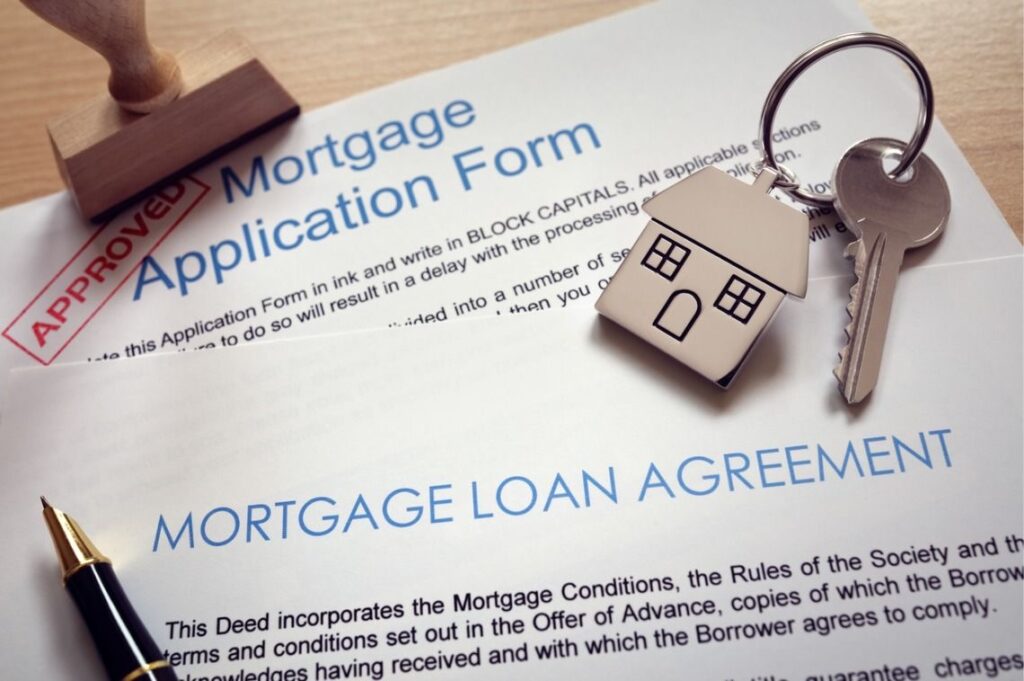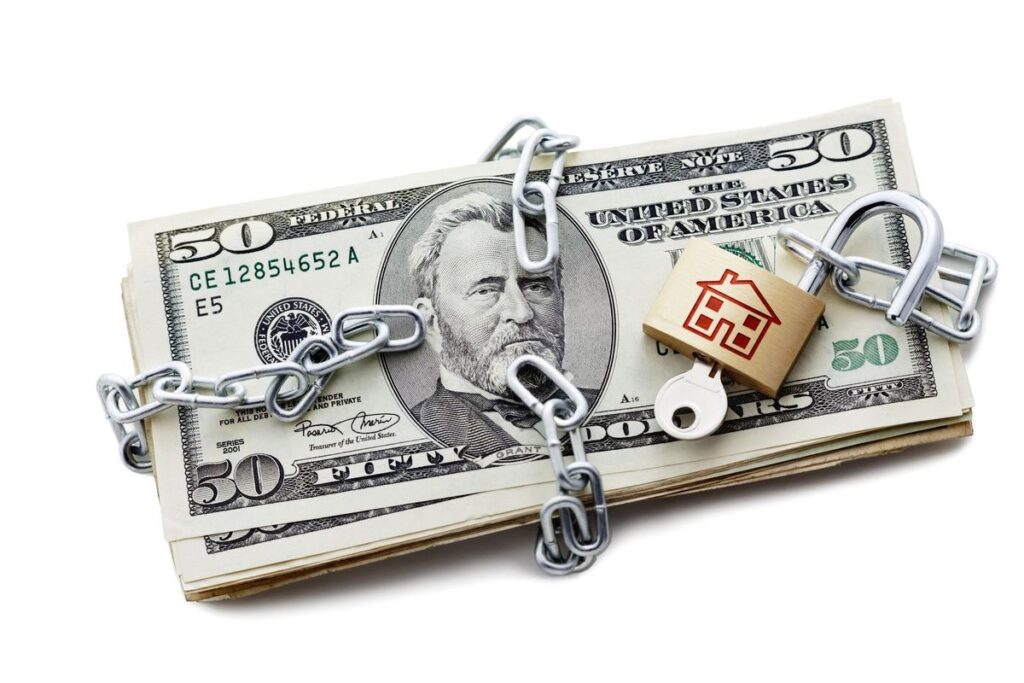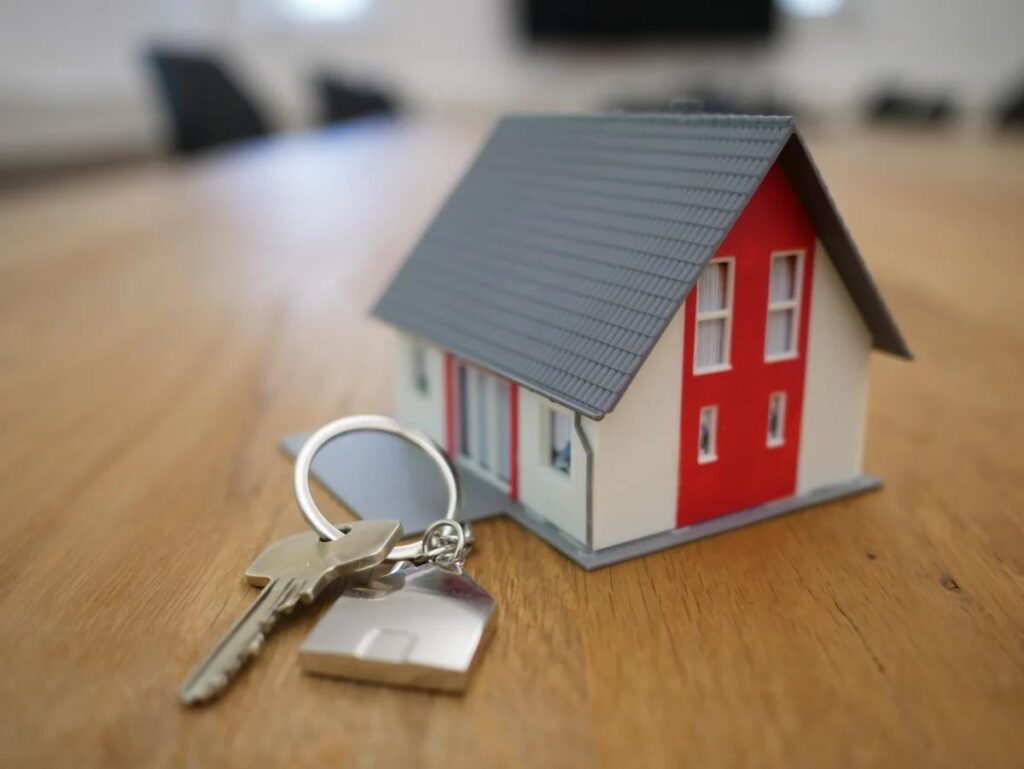A reverse mortgage is a special type of loan for homeowners who are at least 62 years old. It allows them to use some of the value they have built up in their home, known as home equity. These homeowners can use their home equity without having to sell the house, and they do not have to make monthly payments on the loan.
People usually get a reverse mortgage to help pay for daily living or medical expenses. One common type of reverse mortgage is called an HECM for Purchase. HECM stands for “Home Equity Conversion Mortgage.” It is backed by the Federal Housing Administration (FHA).
With an HECM for Purchase, a homeowner can buy a new home while still using their home equity. They can receive the money differently, such as a line of credit, fixed monthly payments, or a mix of both.
What Is a Reverse Mortgage?
A reverse mortgage is a financial option for homeowners who are 62 years or older. Many people spend years or even decades paying off their mortgage. This means a large part of their wealth is tied up in the value of their home. This can create challenges for older adults who need money for daily expenses like medical bills, home repairs, and other costs.

With a reverse mortgage, these older homeowners can turn some of the value of their home into cash. Instead of making monthly payments to the bank, they will be paid based on the equity they have built in their homes.
This means that, over time, the amount of money they owe the bank increases while the home equity decreases. When the homeowner sells the house, moves out, or passes away, the money from the home sale is used to pay off the loan.
ALSO READ: Understanding a Reverse Mortgage Line of Credit
What Is an HECM for Purchase?
First, we need to know what an HECM is. A home equity conversion mortgage (HECM) is a reverse mortgage backed by the Federal Housing Administration (FHA). This type of mortgage can only be obtained through lenders that the FHA approved.

Most reverse mortgages offered are HECMs, which can be used for homes valued up to $1,149,825. If the house is worth more than that, a different type of reverse mortgage called a proprietary or jumbo reverse mortgage, will be needed.
HECM for Purchase is a special version of HECM that allows people to buy a new home. The loan does not have to be paid back until the homeowner sells the house, moves out, passes away, or fails to keep up with loan responsibilities. Some of these loan responsibilities include paying property taxes or homeowners insurance.
When using HECM for Purchase, closing costs tend to be higher than regular reverse mortgages. These costs include an upfront mortgage insurance premium of 2% of the home’s value. They also include other fees from lenders and third parties, such as loan origination, title insurance, appraisal, credit report, and recording fees.
Unlike a standard HECM, a significant down payment is required for HECM for Purchase. The total upfront costs can range from 29% to 63% of the home’s purchase price, depending on the buyer’s age (the cost can be calculated using a mortgage calculator). The money for this down payment can come from savings, selling a previous home, or personal assets like stocks.
Can Reverse Money Buy a Home?
A common question is often asked: can you use a reverse mortgage to buy a principal residence? The simple answer is yes. You can use a HECM for Purchase for a reverse mortgage to buy a home. However, to be eligible, you have to follow the requirements.
ALSO READ: Credit Union vs. Bank Mortgage: How to Make the Right Choice
Pros and Cons of Purchase Reverse Mortgages
The following are a few advantages and disadvantages of a purchase reverse mortgage:

Pros
- No Monthly Payments: With a reverse mortgage, you do not have to pay a certain amount each month like a regular mortgage. Instead, the money you owe grows over time and gets paid back when you sell the house or pass away.
- Buy a More Expensive Home: This kind of mortgage can let seniors buy a nicer or bigger home than they could using regular loans. It allows them to use some of their home’s value to help pay for the new one.
- Live in the Home Longer: Seniors can buy homes that better suit their needs and not worry about making monthly payments, which will help them stay in their homes for a longer time.
- Money Is Not Taxed: The money from a reverse mortgage does not count as taxable income. This means seniors can get extra cash without having to pay taxes on it.
Cons
- Less Ownership Over Time: As time passes, the mortgage amount you owe grows. This means you own less of your home. This can be a problem if you want to leave your house to your family later.
- High Costs and Fees: Getting a reverse mortgage can be expensive because there are fees to pay when you first get the loan. These fees are like insurance and closing costs. They can reduce the money you have available to buy a new home.
- Keeping Up With House Expenses: Even though you do not have to make monthly payments, you still have to pay property taxes and homeowners insurance. There is also the cost of keeping the house in good shape. If you do not pay these bills, you could lose your home.
- Confusing Terms: Reverse mortgages can be hard to understand because they have many complicated rules. It is crucial to know how everything works and what your responsibilities are.
- Limitations on Moving Later: If you use a reverse mortgage to buy a home, moving to a different place might be more complex without extra costs.
Before getting an HECM for purchase, carefully consider the pros and cons. Ensure you understand the loan terms, fees, and implications for your estate to make an informed decision. Finally, consult with a financial advisor and a reputable lender to ensure that a HECM for Purchase aligns with your long-term financial goals.

